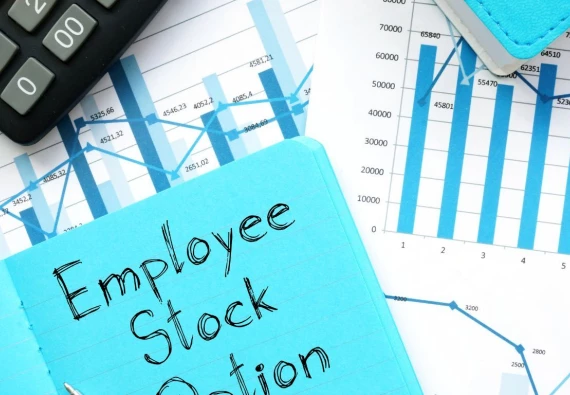The title of this post may sound like a straight-to-streaming rom-com about two strangers who wake up after a night out in Vegas only to remember they got married in a drive-thru ceremony the night before. Yet, somehow, it’s worse than that.
The “accidental partnership” in the title refers to a situation where two or more people unwittingly form a general partnership, which is a type of business entity like a corporation, LLC, etc. The difference is that you can’t accidentally form a corporation or LLC. Instead, you have to take affirmative steps to file a charter document with the state.
You (and at least one another person) can, however, form a general partnership without intending to. The way this happens is when two or more people begin developing a business without forming an entity or entering into a separate agreement, like a founder’s agreement, setting out the nature of their relationship. There isn’t a bright-line rule for determining whether an accidental partnership has been formed. Because it’s relatively easy to avoid this altogether and because failing to do so can be disastrous, please err on the side of caution.
Related: Should Your Startup Incorporate In Washington Or Delaware?
Typically the best way to avoid this mess is to form a corporation, LLC, or other appropriate type of entity as soon as you and others decide you’re going to start a business. This might sound like stating the obvious but you’d be surprised how many smart, sophisticated founders foul this up.
The consequences of forming an accidental partnership range from harmless to fatal with lots of unpleasantness in between. A harmless outcome is when the founders promptly incorporate, assign all IP to the company, and move on with their brilliant idea. A fatal outcome is when the founders don’t form an entity, fight over ownership, and lawyer up. Usually at that point just the threat of contested ownership over the IP may make the whole business idea toxic to future partners, investors, acquirers, etc., no matter who can muster stronger claims to IP ownership.
The unpleasantness in between these two points may take the form of being personally liable for the debts and liabilities of the accidental partnership, which is the rule for general partnerships. So if your partner incurs debts and can’t pay, you’ll still be on the hook. This is in contrast with corporations and LLCs where, generally speaking, the owners of the business will not be personally liable for the debts of the business.
Here are some best practices to take to avoid forming an accidental partnership:
- Form a corporation or LLC as soon as is feasible.
- Prior to forming a corporation or LLC, enter into a founder’s agreement clarifying the arrangement among the founders.
- Guard your IP closely until an entity has been formed.
- Use NDAs if you must share your IP pre-formation.
For many companies, though, the no-brainer approach here is simply to form a proper business entity right at the start.






